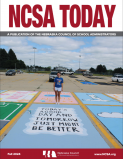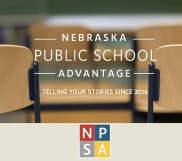Dr. Joy Dunnigan
This study was conducted to investigate what recommended teaching practices and what additional accommodations for students with disabilities are being employed at the postsecondary level within synchronous distance education classrooms. The survey instrument was designed to investigate the degree to which level of teaching experience contributed to the rating of importance of recommended teaching practices and the degree of use of those recommended teaching practices within the synchronous distance education classroom. In addition, the survey instrument was designed to investigate the degree to which the respondents who answered yes to having students with disabilities used accommodations for students with disabilities within the synchronous distance education classroom. A random sample was used to select 870 Teacher Education Division (TED) members of the Council for Exceptional Children (CEC) organization. A total of 254 surveys were returned, for a return rate of 29 percent. Of the 254 TED members who responded to the survey, 53 (21%) respondents identified having taught within synchronous distance education classrooms. The results of a series of Mann-Whitney U tests revealed no statistically significant differences between the two groups of respondents teaching within synchronous distance education classrooms for the importance of the 16 recommended teaching practices. No statistically significant difference was found between the two groups on the degree to which they used the recommended teaching practices. Mann-Whitney U tests were used to examine the ratings of experienced (13) and inexperienced (6) respondents on their use of disability accommodations. The Mann-Whitney U tests revealed no significant differences in the 18 accommodations items for those respondents, inexperienced (5) and experienced (8), who taught students with learning disabilities. No significant differences in the twelve accommodation items for students with hearing disabilities were found between inexperienced and experienced respondents. Results are discussed in terms of means and standard deviations of respondents rankings for importance and degree of use of recommended teaching practice and use of accommodations for students with disabilities.
























